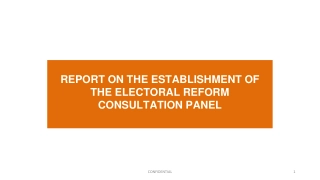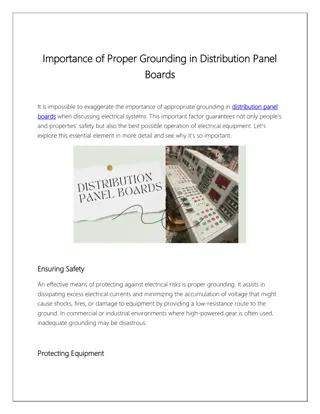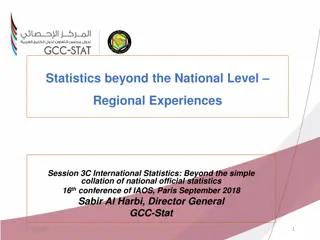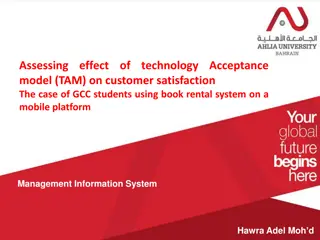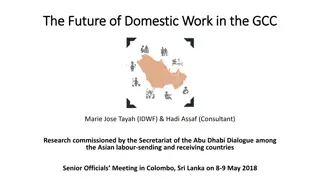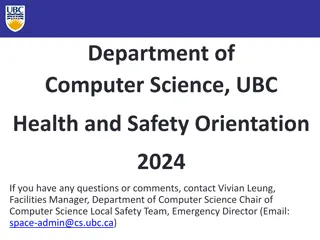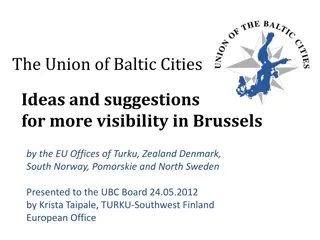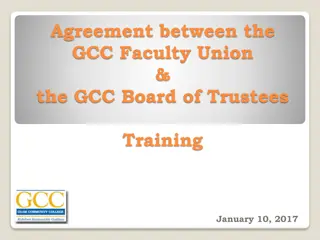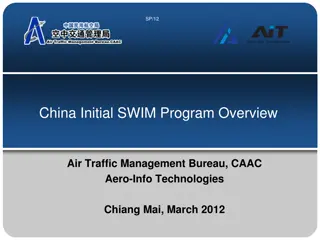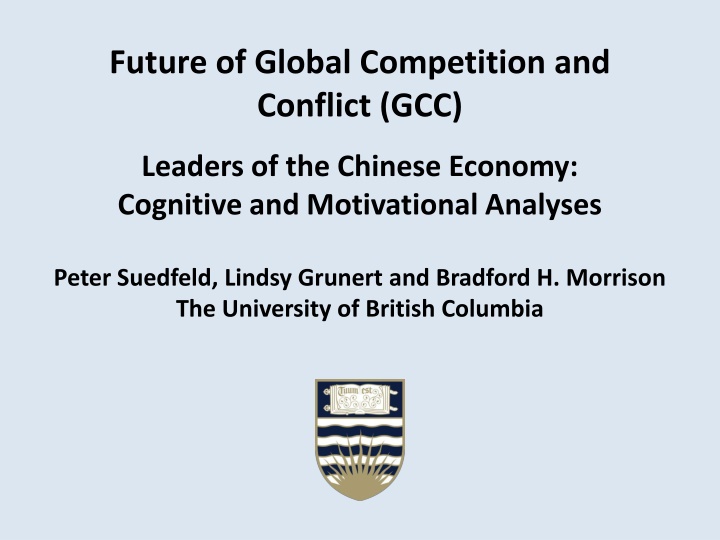
Chinese Economy Leadership: Cognitive and Motivational Analyses for Global Competition
Explore the cognitive complexity and motivational interests driving Chinese leadership in the global economy. Discover how their achievement-oriented mindset and strategic approach impact global activities and interactions, with potential implications for cooperation and competition.
Download Presentation

Please find below an Image/Link to download the presentation.
The content on the website is provided AS IS for your information and personal use only. It may not be sold, licensed, or shared on other websites without obtaining consent from the author. If you encounter any issues during the download, it is possible that the publisher has removed the file from their server.
You are allowed to download the files provided on this website for personal or commercial use, subject to the condition that they are used lawfully. All files are the property of their respective owners.
The content on the website is provided AS IS for your information and personal use only. It may not be sold, licensed, or shared on other websites without obtaining consent from the author.
E N D
Presentation Transcript
Future of Global Competition and Conflict (GCC) Leaders of the Chinese Economy: Cognitive and Motivational Analyses Peter Suedfeld, Lindsy Grunert and Bradford H. Morrison The University of British Columbia
Main Question: What key aspects of cognition and motivation/interests drive Chinese global activities and strategy? Chinese leadership displays: High levels of Achievement, i.e., competition-oriented motivation, across multiple globally engaged sectors Relatively high cognitive complexity, indicating flexibility and ability to consider new, changing, or undesirable information. Clearest in the cyberspace domain. These findings imply that there may be room for cooperation with the U.S., but it is likely to be limited and conditional. 2
Overview Method Sectors and leaders Results Implications and discussion by sector Questions? 3
Methods Both content analysis variables are scored by trained experts: Integrative Complexity (IC): A measure of cognitive complexity. High scores indicate flexible thinking, responsive decision-making, and multiple perspectives. Scale of 1 to 7 (low to high). Motive Imagery (MI): Achievement (unique accomplishments, excellence), Power (influence, control, concern with prestige), Affiliation (friendship, nurturance). Scored as number of references per 1,000 words of text. Analyses were applied to texts in the following sectors of the Chinese economy: (1) General Economy, (2) Space, (3) Technology - companies ZTE and Huawei, (4) Cyberspace Source Materials: Publicly available verbal materials from high-level leaders of each sector. Texts available in English, and texts available in Chinese that we arranged to have translated. Texts were included only if the topic was relevant both to the specific sector and to interactions with the U.S., organizations with U.S. membership, or the world/humanity as a whole. Texts issued or published between January, 2014 and December, 2018. 4
Who are these leaders? Sector Economy (General) Space Position President Premier Secretary General of CNSA Director of China's National Space Administration (CNSA) Director of China's National Space Administration (CNSA) Deputy Director of CNSA State Council Information Office, PRC Huawei Founder Huawei Chairman of Board of Directors Huawei Deputy Chairman, Rotating CEO Technology - ZTE ZTE Founder ZTE Chairman and President ZTE President ZTE Chairman Cyberspace Director of Cyberspace Administration of China Director of Cyberspace Administration of China Director of Cyberspace Administration of China Leader's Name Xi Jinping Li Keqiang Li Guoping Xu Dazhe Zhang Kejian Wu Yanhua NA published by office Ren Zhengfei Liang (Howard) Hua Xu Zhijun (Eric Xu) Hou Weigui Zhao Xianming Shi Lirong Yin Yimin Lu Wei Xu Lin Zhuang Rongwen Technology - Huawei 5
Results (Mean scores) Sector # of Paras Integrative Complexity Achievement Affiliation Power Economy 100 2.24 7.27 1.16 1.26 Space 100 2.32 8.57 0.11 3.32 Technology 100 2.17 7.72 1.40 5.14 Cyberspace 100 3.04 5.70 1.12 2.24 6
Implications/Discussion by Sector 1. General Economy 2. Space 3. Technology 4. Cyberspace 7
General Economy (AP Photo) Speeches of Xi Jinping and Li Keqiang, dealing only with the general economy. As expected, fairly high IC, high Achievement, and low Affiliation, but relatively low Power motivation compared to leaders of other nations. Hypothesis: When these texts were created, political leaders were primarily concentrating on non-trade issues (e.g., domestic politics). In response to serious domestic opposition, we would expect a rise in Power, a drop in IC, and a strong governmental reaction. Our previous study found such change associated with Uyghur unrest; it could happen with continued unrest in Hong Kong or elsewhere. 8
Space (CMSEO) Again, fairly high IC. Motivation: high Achievement and Power, low Affiliation. Suggests little to no interest in building friendships through space research or use, although cooperation for Chinese gain is not ruled out. Current efforts by China are for independent progress in space. These efforts are consistent with high Achievement and Power scores, focused on excellence and projecting national power and prestige. They are also consistent with low Affiliation going it alone. 9
Technology Organization and leaders Position IC Achieve- ment 5.99 Affiliation Power Huawei (Ren Zhengfel, Xu Zhijun, Liang Hua) Founder and top executives Chairman and top executives 2.22 1.61 5.29 ZTE (Hou Weigui, Shi Lirong, Zhao Xianming, Yin Yimin) 2.12 9.51 1.19 4.99 Again, fairly high IC, for both companies. The Tech sector scored highest in Power; expect power contests, both for Chinese domestic priorities/support and in the global economy. Huawei ZTE Huawei higher in Power motivation than ZTE. Huawei has shown a pattern of confrontation and attempts to influence when faced with external checks. Under U.S. pressure, Huawei claimed to comply but replaced only a few top executives. ZTE significantly higher in Achievement motivation than Huawei. Could explain willingness to put best interest of company ahead of power struggles when faced with external (U.S.) penalties; shows compliance in exchange for market access. Replaced almost all top management (including individuals in our database) when U.S. demanded it. The different strategies pursued by these companies may be associated with different levels of Achievement and Power motivation. 10
Cyberspace (Xinhua) Highest IC (3.04) of all the sectors. Shows flexible thinking, openness to new information, and tolerance of uncertainty and lack of closure. Major technical progress may result. The texts approach the Internet from a bureaucratic perspective regulating the flow of information rather than focusing on technological development. This may explain why all three motive scores are low. The high score for IC, and low scores for Achievement and Power motivation, suggest that this sector is the best candidate for mutually beneficial cooperation with the U.S. Caveat: This is true only if co-operation does not undermine the Chinese government s ability to manage flow of information within China. Possible areas of cooperation: combating cyber attacks from third parties, cybercrimes, terrorist organizations, or the protection of minors. 11

